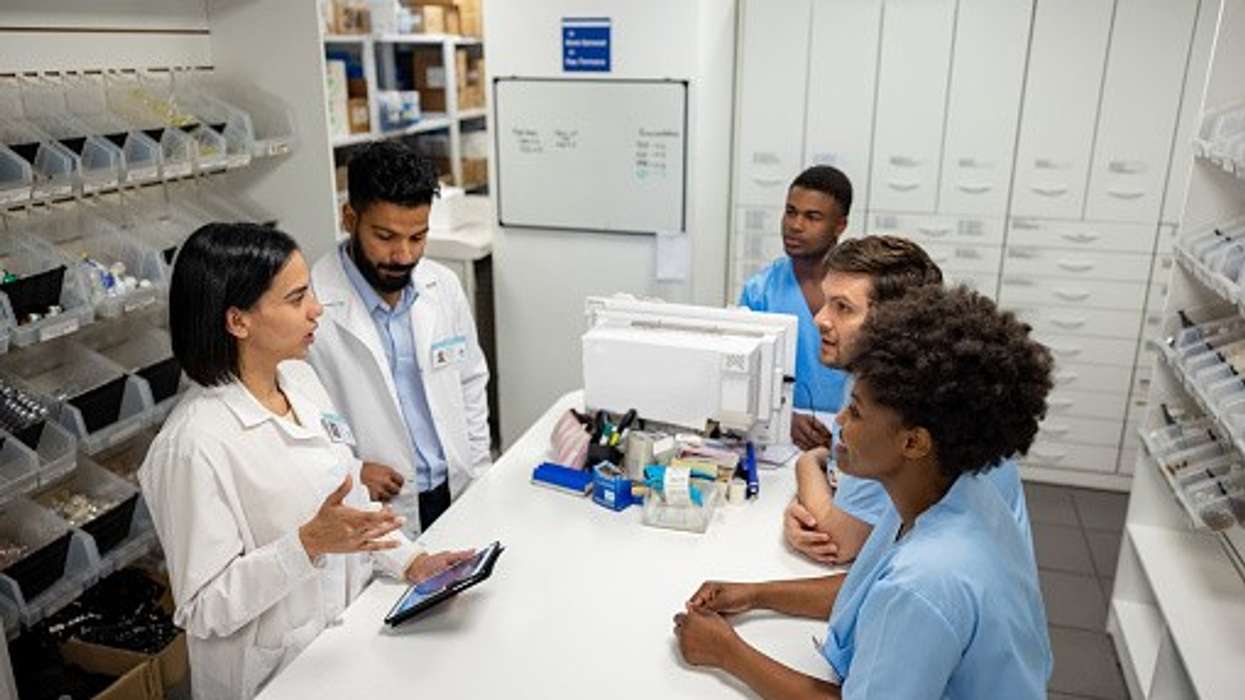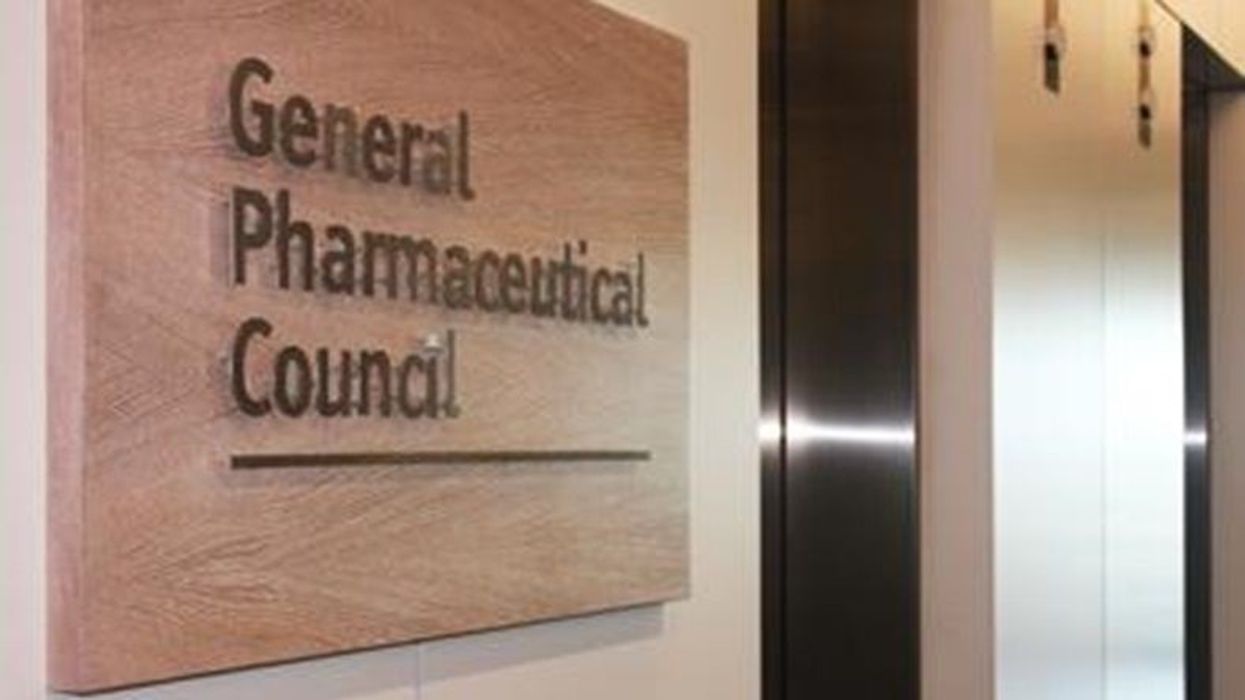GPhC urges employers to consider additional measure to reduce the risk of their staff experiencing abuse, violence or racism
The General Pharmaceutical Council (GPhC) has strongly condemned recent acts of racism, violence, and disorder caused by far-right, anti-immigrant protestors across the UK.
Roz Gittins, chief pharmacy officer at GPhC, expressed deep concern for the safety of pharmacy teams, particularly those from Black and minority ethnic backgrounds.
He said: “We strongly condemn the racism, violence and disorder caused by a small minority of the population that has taken place over recent days.”
“We understand that pharmacy teams serving our communities may feel especially vulnerable at this time."
“Pharmacists and pharmacy technicians from black and minority ethnic backgrounds, as well as those who trained abroad, make an enormous contribution to our pharmacy and health services and they should never have to feel fear when going to work.
“Any abuse, violence or racism towards pharmacy staff is completely unacceptable, and should be reported to the police.”
Gittins also urged employers to consider additional measures to protect their staff: “We recognise that employers have a duty of care to keep their staff safe at work and we urge pharmacy owners and other employers to urgently consider whether there are any further steps they could take to reduce the risk of their staff experiencing abuse, violence or racism.”
Employers are advised to ensure that pharmacy staff are not required to work alone, and to empower Responsible Pharmacists to make decisions such as temporarily closing a pharmacy if there are potential risks to the safety of the pharmacy staff, as well as the safety of patients and the public.
The GPhC also reminded employers and staff of the available support to protect their health and well-being during these challenging times.
“Our regulatory standards and guidance are there to help safeguard pharmacy staff, as well as patients and members of the public,” Gittins said.
The organisation encourages pharmacy owners, pharmacists and pharmacy technicians to seek further advice from their representative bodies and indemnity providers when necessary.
Pharmacy bodies including the Royal Pharmaceutical Society (RPS), Pharmacists’ Defence Association (PDA), National Pharmacy Association (NPA), Company Chemists’ Association (CCA), Independent Pharmacies Association (IPA), Guild of Healthcare Pharmacists and Association of Pharmacy Technicians UK are also offering advice and support to their members.













